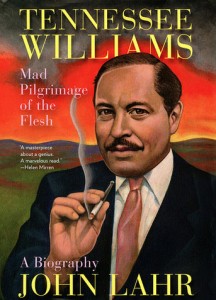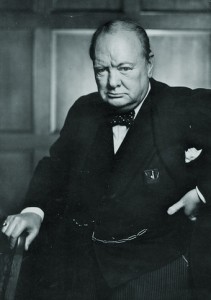
Some marketers seem to be better analysts than problem solvers.
They can sense difficulties in the marketplace but they’re not as cluey in dealing with them.
A case in point is optimizing brands in the Digital Age.
More than a few marketing people and traditional agencies have said they’re ‘steering into the unknown’.
Or they’re ‘feeling their way’ through it.
If that frames the situation, one wonders … how do you correct it? How do you advance?
For that, it’s always an idea turn to the experts.
One in particular is Malcolm Auld. His blog is www.themalcolmauldblog.com and it’s well worth bookmarking.
Malcolm Auld defines the Internet as ‘a pure Direct Marketing platform’.
How right he is.
But this surprises many marketers and traditional agencies we know.
Their take is that Digital is futuristic, not something from the past.
Well, it’s true technology has changed, but people haven’t.
They continue to be human and they’re motivated by their emotions.
Equally, ‘response’ is what we value today as it leads to attitude changes and the moment someone acts or buys.
If that need for ‘response’ doesn’t define Direct Marketing, then what does?
So it stands to reason that a bit of knowledge about DM techniques can help.
Especially if it can take the guesswork out of creating content on the Web.
If you and your team value learning for gaining and renewing skills, there are plenty of books to give you a grounding in Direct Marketing.
It’s a grounding that benefits you with knowledge you can adapt for Digital communications.
Start with these five titles:
Common Sense Direct and Digital Marketing – Drayton Bird
Tested Advertising Methods – John Caples
Scientific Advertising – Claude Hopkins
How to Write a Good Advertisement – Victor Schwab
The Robert Collier Letter Book – Robert Collier
Time spent with these books should give you a clearer idea of how to get results you can test and measure.
By helping you create more effective messaging it can lower your risk of investing dollars in marketing.
It can make it easier for you to compete.
And at a time when you want to be a more effective it can help you become one thing better than a marketer.
A Direct Marketer who can get people to respond.
Share with us. Leave your comment below. Thanks for reading Whybetonto.com. Regards, Steve Ulin LinkedIn: http://linkd.in/1Bey3Jl









